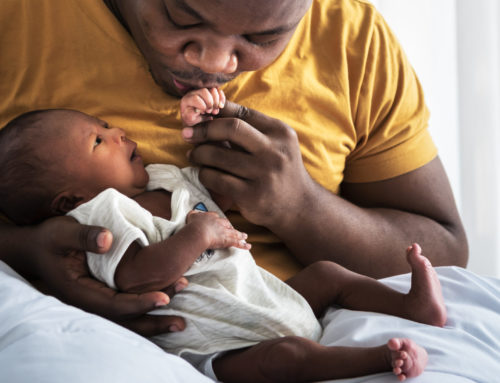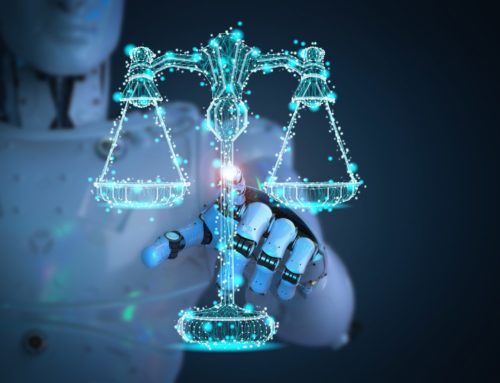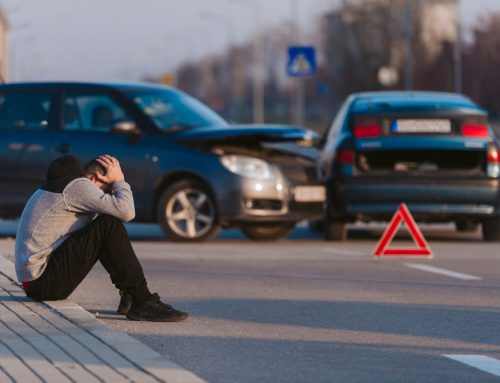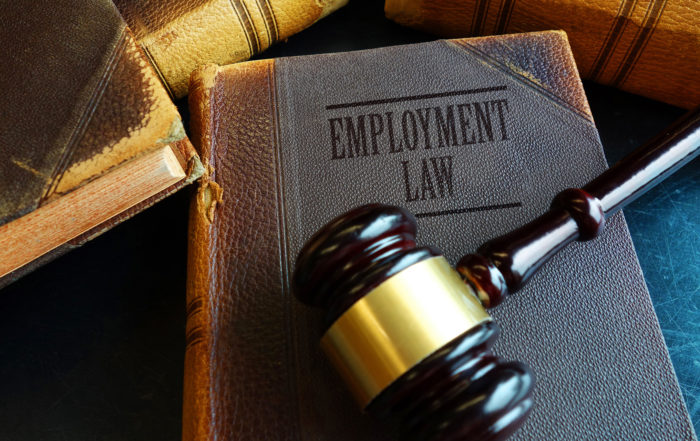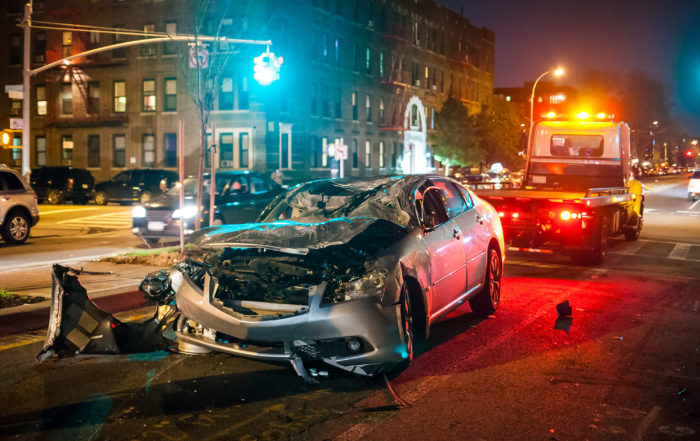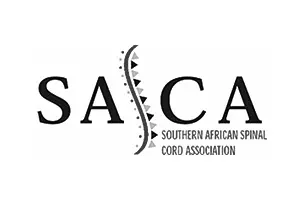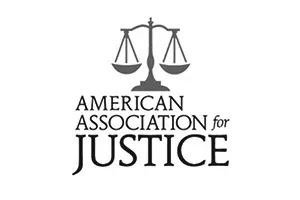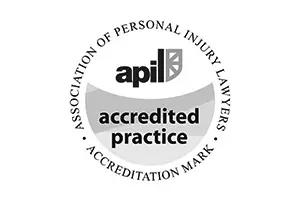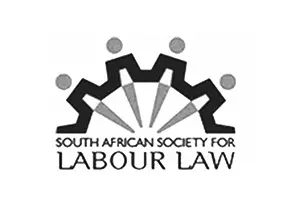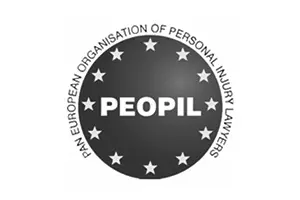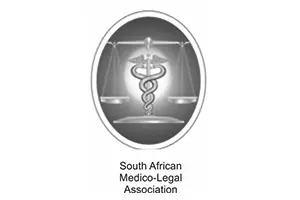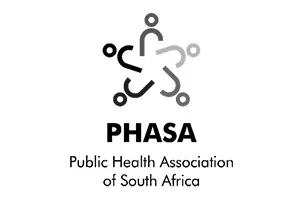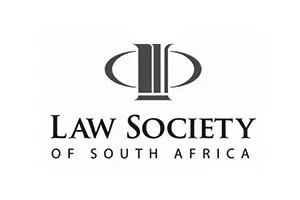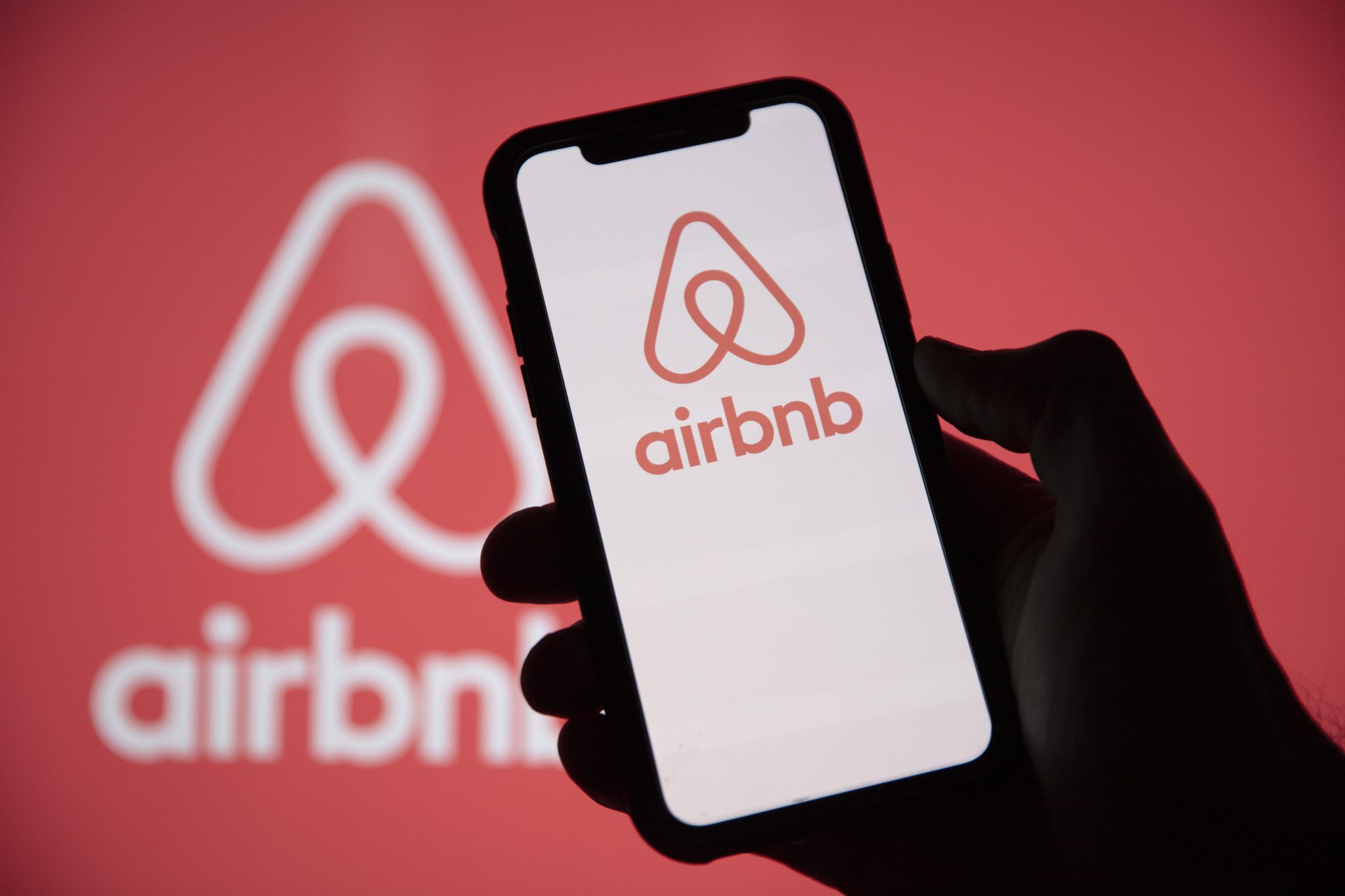
Liability for bodily injuries sustained at an Airbnb
As we approach Easter, many holidaymakers consider Airbnb to be a safe alternative to the traditional carefree December holiday experience. However, it is important to note that the risk of bodily injury is ever-present and the question of liability might be worth consideration.
The South African law of delict is founded on the basic principle that damages resulting out of harm caused by wrongful and blameworthy conduct may be recovered. Usually, when bodily injuries are sustained, big corporations or municipalities are held liable due to a breach of the duty of care to ensure that the risk of harm is mitigated at the premises which are under their control. When using the services of Airbnb, however, the owner of the property and/or premises is ultimately responsible to minimise the risk of harm.
In Probst v Pick ‘n Pay Retailers (Pty) Ltd [1998] 2 All SA 186 (W), the court confirmed that property-owners are liable to ensure that their property does not present undue hazards for the public who enter and use the premises. In Naidoo v Birchwood Hotel 2012 (6) SA 170 (GSJ) the court went further and stated that this duty is even greater in respect of property such as a hotel that is designed for use by the public. The hotel is obliged to take reasonable steps to ensure that the public is safe.
According to their website, Airbnb is simply “a platform that enables members to publish, offer, search for, and book Host Services.” Section 16 of the Airbnb Terms and Conditions state that Airbnb does not and cannot control the conduct of guests and hosts and that Airbnb has the right, but does not have any obligation, to monitor the use of the Airbnb platform.
Section 4.2 of the Airbnb Terms and Conditions state that by using the Airbnb services, all guests and hosts acknowledge that many activities offered through the Airbnb platform carry inherent risks. These parties agree that both parties assume the entire risk arising out of the access to and use of the Airbnb platform and any content. These include the stay at any accommodation, participation in any experience, use of any other host service, or any other interaction with other members, whether in person or online. Hosts, and therefore owners, carry the risk of illness, bodily injury, disability, or death, and they freely and wilfully assume those risks by choosing to participate in those host services.
The Airbnb Terms and Conditions go further in section 19 and state that Airbnb will not be liable for any incidental, special, exemplary or consequential damages, including any damages for personal or bodily injury or emotional distress arising out of or in connection with the provision or use of host services, whether based on warranty, contract, delict (including negligence), product liability or any other legal theory.
From the above, it is therefore clear that Airbnb will not be held liable for bodily injury caused by an act or an omission. It is the owner of the property who will ultimately be responsible to protect the public from hazards.
Contact Malcolm Lyons and Brivik Attorneys, Inc. to discuss any legal concerns you have as an Airbnb property owner, or alternatively to review a potential claim for damages.
Author: Tzvi Brivik
Director at Malcolm Lyons and Brivik Attorneys Inc.
Malcolm Lyons and Brivik Attorneys are leading experts in the field of labour law, personal injury, accident and medical law in South Africa.
To discuss whether you have a case, contact our offices below:
Telephone:
Cape Town Office:
Telephone: +27(0) 21 425-5570
E-mail: Cape.office@mlblegal.co.za
Johannesburg Office:
Telephone: +27(0) 11 268 6697
Email: Jhb.office@mlblegal.co.za
Contact form:
The current position on objections to the con/arb process
Con/arb process - The Commission for Conciliation, Mediation[...]
Out of time? Think again – The CCMA and its rules
By Lara Keil (Candidate Legal Practitioner) under the[...]
RAF’s lodgement requirements: Claimants further prejudiced
By Lara Keil (Candidate Legal Practitioner) under[...]



